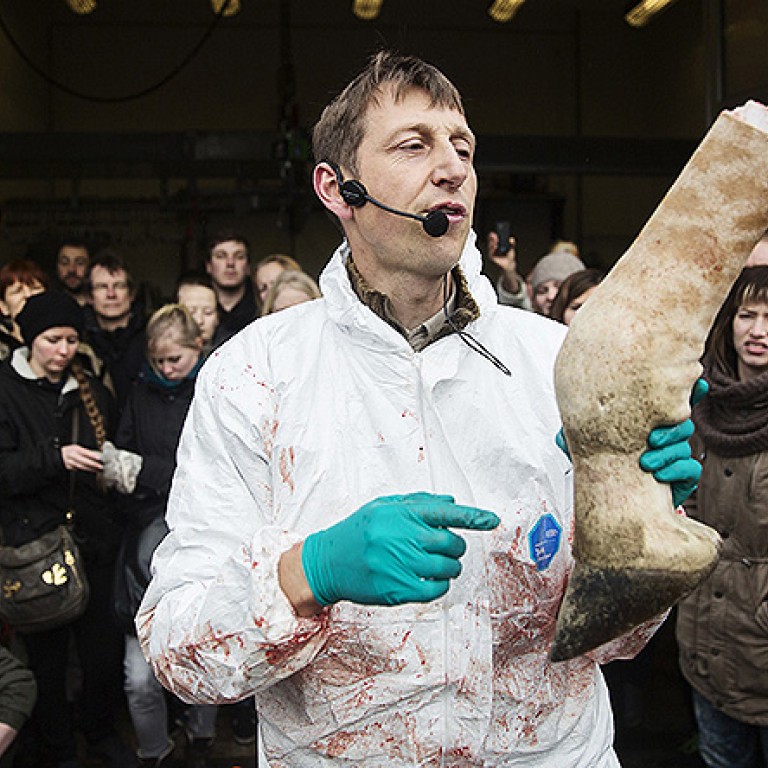
Danes defend zoo’s killing of healthy giraffe after outcry
Many Danes on Monday defended the killing of a healthy but inbred giraffe at Copenhagen’s zoo that triggered outrage after it chopped up and fed to lions in front of visitors.
Copenhagen Zoo staff received death threats after the killing on Sunday of the 18-month-old animal, named Marius, which shocked animal lovers around the world.
Thousands signed an online petition to save him, with a billionaire even offering to buy him and keep him in her Beverly Hills garden.
But in Denmark, a nation with many farms, an overwhelming majority of social media users felt the global outcry was a sign of hypocrisy and political correctness.
A leading expert also decried the “Disneyfication” of zoo animals, while a Danish academic said the issue exposed cultural differences.
A journalist for the newspaper, Kristian Madsen, wrote on Twitter: “The whole world has gone crazy. What do they imagine the lions eat on days without a treat such as Marius? Brussel sprouts?”
Mikkel Dahlqvist, a PR consultant, tweeted: “Marius had a good home at the zoo for a year and a half. He lived, and now the lions are also happy and full.”
Dorte Dejbjerg Arens, a project co-ordinator, said: “I’m still livid over Marius. How can people get so hysterical over a giraffe while cancer, the war in Syria and the (anti-immigrant) Danish People’s Party still exist.”
The zoo said on its website it had no choice other than to prevent the animal attaining adulthood since under European Association of Zoos and Aquaria rules, inbreeding between giraffes is to be avoided.
However, the relatively muted public reaction in Denmark to Marius’s death can partly be explained by cultural factors.
“Denmark was urbanised relatively late, which is why the general opinion here is that it’s okay to keep and kill animals as long as you treat them well,” said Peter Sandoee, a professor of bioethics at the University of Copenhagen.
“Animal rights activists in Denmark aren’t nearly as strong as they are in Britain or the US,” he added.
Arguing that “one of the most fundamental aspects of animals’ conditions in the wild is that only a fraction of them survive,” Sandoee slammed what he called the “Disneyfication” of zoos.
“You take this very romantic image of animals as people with fur or feathers. Animals are viewed as a type of citizen, with the implication that they should be treated on par with fellow human beings,” he said.
Instead, a zoo’s primary job should be to preserve different types of species and contribute to learning about how animals live in the wild, he said.
In the past, the Copenhagen zoo had allowed tigers and lions to reproduce, killing the “surplus offspring” rather than castrating the animals or giving them contraceptives, he added.
“I think Copenhagen Zoo takes a progressive stance here because in doing so they [mimic] the animals’ natural life,” he said.
